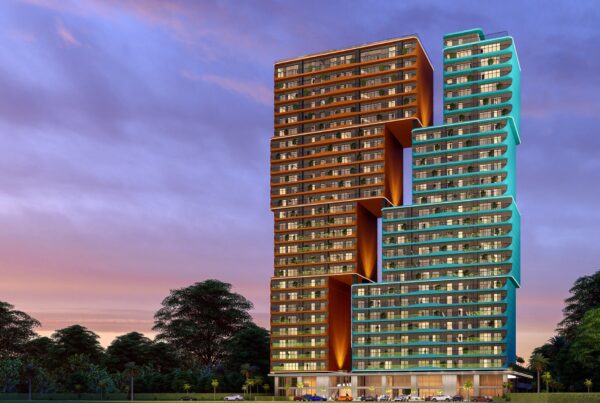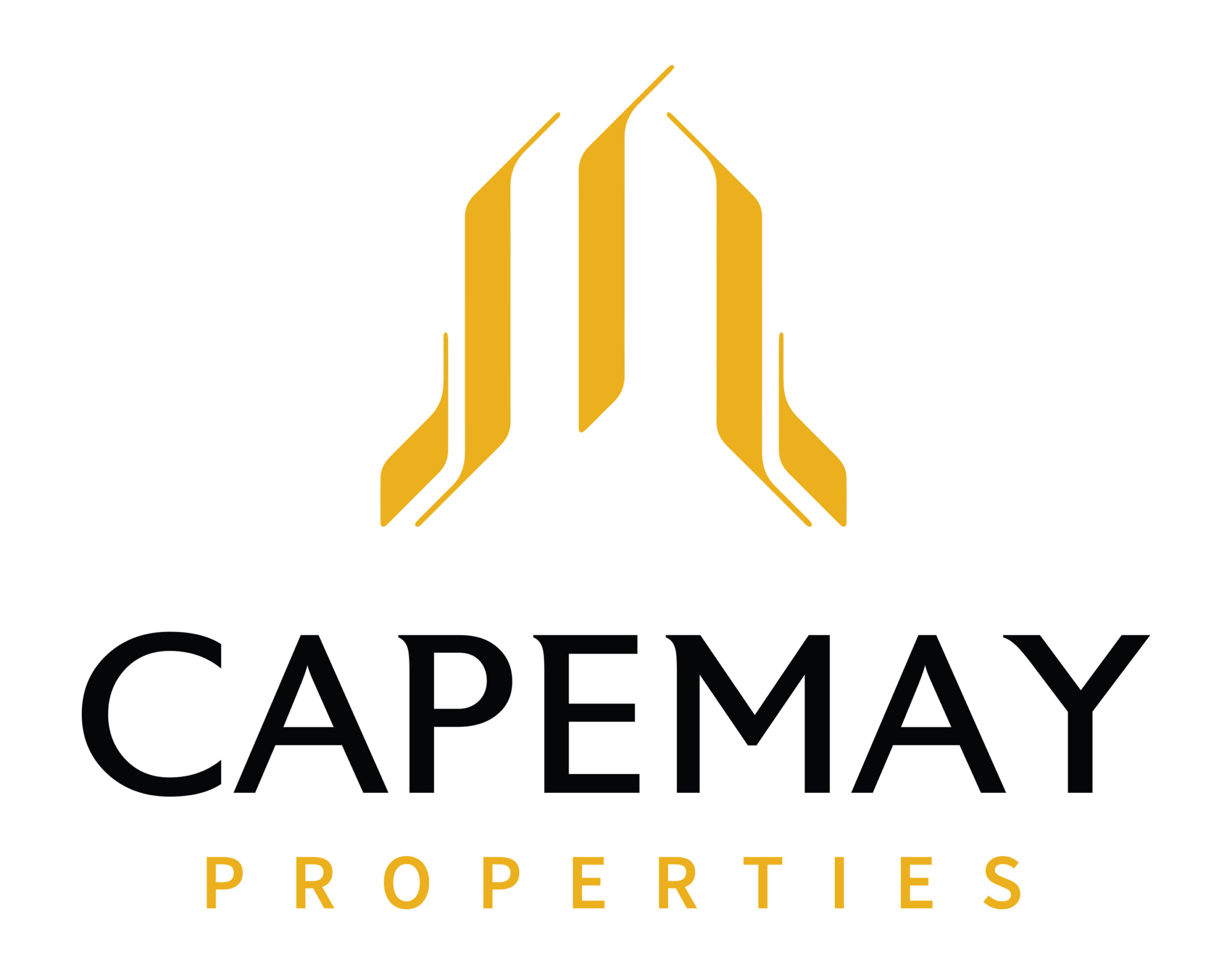Ghana, with its vibrant culture, rich history, and stable economy, is increasingly gaining attention as an attractive destination for real estate investment. The West African nation is known for its political stability, growing middle class, and a range of investment opportunities. If you’re considering real estate investment in Ghana, here are four key factors to keep in mind:
1. Economic Growth and Stability: Ghana’s consistent economic growth has positioned it as one of Africa’s fastest-growing economies. With a diversified economy including sectors like oil and gas, mining, agriculture, and services, the country offers a stable foundation for real estate investment. Its strong macroeconomic indicators, coupled with political stability, provide a favorable environment for investors seeking long-term growth prospects.
2. Urbanization and Housing Demand: The rapid urbanization in Ghana is driving a growing demand for housing and commercial spaces. As rural populations migrate to urban centers in search of better opportunities, the need for quality housing and modern infrastructure increases. This demand extends to both residential and commercial properties, making real estate investment in key urban areas a lucrative prospect.
3. Government Initiatives and Policies: The Ghanaian government has been proactive in creating an enabling environment for real estate investment. Initiatives such as the “One District, One Factory” policy and “Planting for Food and Jobs” program are boosting economic activities and creating employment opportunities, indirectly influencing the demand for real estate. Additionally, policies that encourage foreign investment and ease of doing business further attract international investors to the Ghanaian real estate market.
4. Tourism and Hospitality Sector: Ghana’s growing tourism industry contributes significantly to the real estate sector. The country’s rich cultural heritage, historical sites, and beautiful landscapes attract tourists from around the world. This surge in tourism has led to increased demand for hotels, resorts, vacation rentals, and other hospitality-related properties. Investors looking to capitalize on the tourism sector’s growth can find ample opportunities in this niche.
Investment Strategies and Tips:
- Location Analysis: Research and identify key areas with high growth potential. Accra, the capital city, is a prime location, but other emerging cities like Kumasi and Takoradi also hold promise.
- Due Diligence: Conduct thorough due diligence before investing. This includes legal checks, property valuation, and understanding local regulations.
- Local Partnerships: Collaborating with local partners who understand the market intricacies can provide valuable insights and aid smoother business operations.
- Property Types: Consider diversifying your portfolio. While residential properties are in demand, commercial spaces and mixed-use developments also present opportunities.
- Long-Term Outlook: Ghana’s real estate market offers solid long-term prospects. While short-term fluctuations are possible, a strategic, patient approach can yield substantial returns over time.
In conclusion, Ghana’s real estate market is ripe with opportunities for savvy investors. The combination of economic growth, urbanization, government policies, and a booming tourism sector makes it an attractive destination for both local and international real estate investment. However, like any investment, thorough research, understanding the local market dynamics, and crafting a well-thought-out strategy are key to success. As you navigate the Ghanaian real estate landscape, keep these factors in mind to make informed and profitable investment decisions.






